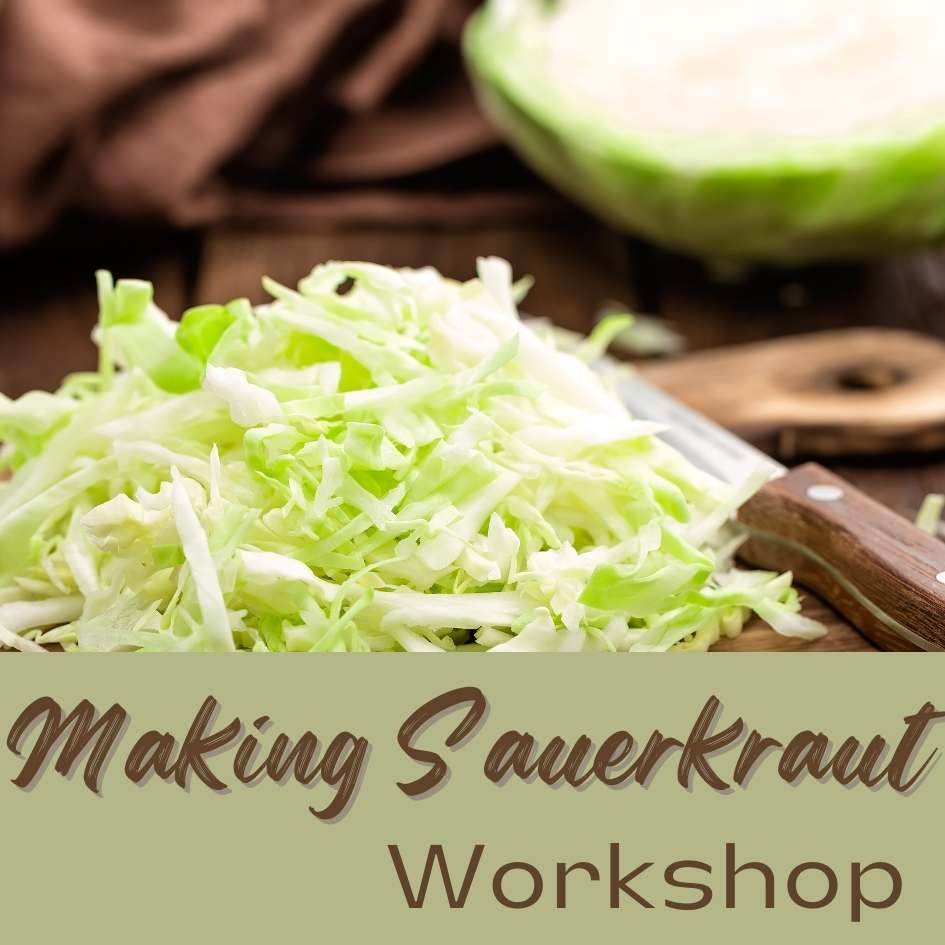The Jewish and Christian traditions are foundational in the long evolution of stories which have shaped Unitarian Universalism. It is now the season for two of the most important of those stories: the exodus of the ancient Hebrew people from Egypt – the Passover story, and the death and resurrection of Jesus – the Easter story.
The Passover and Easter stories do not shy away from the hard realities of human suffering. They include graphic descriptions of plagues, armies, murder, brutality, loss, and devastation. They are stories which arise in times and places of oppression and violence, of the power of a state to use oppression and violence to sustain its greed. They are stories of people terrorized and killed and pushed to the edge of endurance, and they are stories of endurance and perseverance and un-extinguishable dedication to justice and love. Stories we can understand so well, because we live in these times too. The stories of Passover and Easter are stories for our time.
One thing I’ve learned from working with these stories for so many years is that I can’t fully understand what they mean on my own – I don’t meaning alone. I make meaning in relation to others – listening, hearing, considering. I need the perspectives of others, because there are so many pieces of truth. This is why we work together, why our justice and connections and learning work is led by teams.
I’ve also learned over and over again that the human story remains so much the same. Which is good, because the human story always includes new life, new ways, and the persistence of love and truth over and over again. What makes sense to me now has made sense to many others in the midst of times of devastation. Like so many others before us, in our lives now, we are called to let go of old ways and begin again. To be able and willing to accept new life as it comes, even if from the ashes of the old.
In April of 2020, just a few weeks into the world-wide pandemic shutdown, UU minister Kendyl Gibbons said this: “This Easter, as never before in many of our lifetimes, we are invited to seek the strength to let go of an old way of life, and discover what else might be possible.” May this be our aim this year as well.








